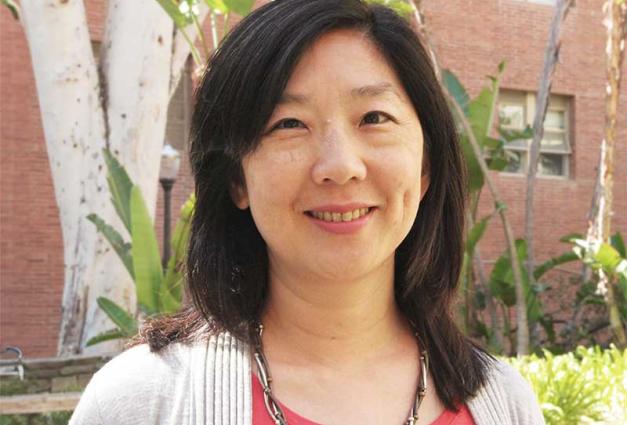Even though many of the stated goals of social and personality research are to study the psychological processes of “people,” the vast majority of this research has targeted a very narrow slice of humanity. WEIRD (Western, educated, industrialized, rich, and democratic) samples are greatly overrepresented in psychological studies, and much research has found that the findings that are derived from these samples don’t always generalize well to other kinds of samples. In an effort to address this problem, as president of SPSP, Lynne Cooper formed a Globalization Task Force, whose mission is to explore ways for SPSP to pursue some course corrections. Specifically, the Task Force is exploring ways to facilitate research with more diverse samples and to attract more researchers from outside of North America to participate in SPSP activities.
The task force consists of Steven Heine (University of British Columbia) and Yuichi Shoda (University of Washington) as co-chairs, and a diverse group of scholars representing different career stages and from around the world: Melody Chao (Hong Kong University of Science and Technology), Roberto Gonzales (Pontificia Universidad Católica de Chile), Nick Haslam (University of Melbourne), Alice Kathmandu (Stanford University), Joshua Tabak (Facebook), and Ayse Uskul (University of Kent). Together with Lynne Cooper and SPSP Executive Director, Chad Rummel, the committee has been meeting to explore ways to encourage a more diverse collection of researchers to study more diverse samples. The committee first met at the SPSP convention in Atlanta, and gathered for a second meeting that was held at Facebook in May. The Task Force will produce a report with several recommendations that will be shared with the SPSP Board of Directors at their August meeting.
The Task Force has largely focused on recommendations that will make researchers more mindful of concerns about generalizability, and will make it easier for researchers to conduct research with populations around the globe. For example, the Task Force is recommending that SPSP journals require authors to report more detail about the make-up of their samples and to discuss the constraints on the generalizability of their findings. In addition, the Task Force is recommending that SPSP explore ways to make it easier for researchers to find international collaborators and access a more diverse array of samples. One possible way to facilitate this would be to make the membership directory on the website searchable to allow researchers to find potential collaborators with access to desired populations, or to allow non-native speaking researchers to find a potential collaborator to help with editing their papers to publish in English language journals. Moreover, the Task Force is encouraging the SPSP convention committee to explore ways to make more convention sessions available over the web, and to encourage more participation from members from outside of North America. We are excited that the SPSP board has been supportive of the Task Force and hopeful that social and personality psychology will become more global as a consequence.




